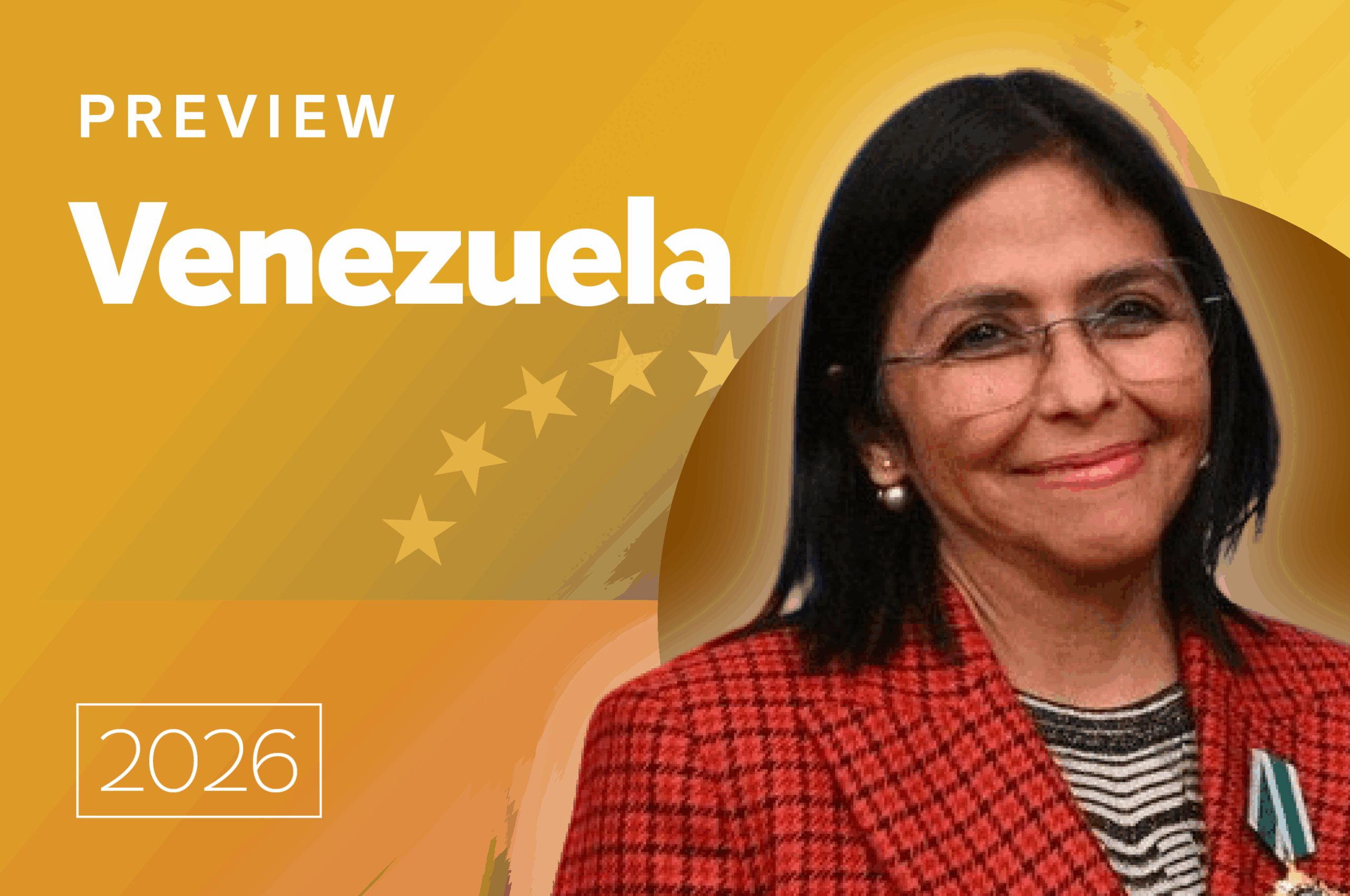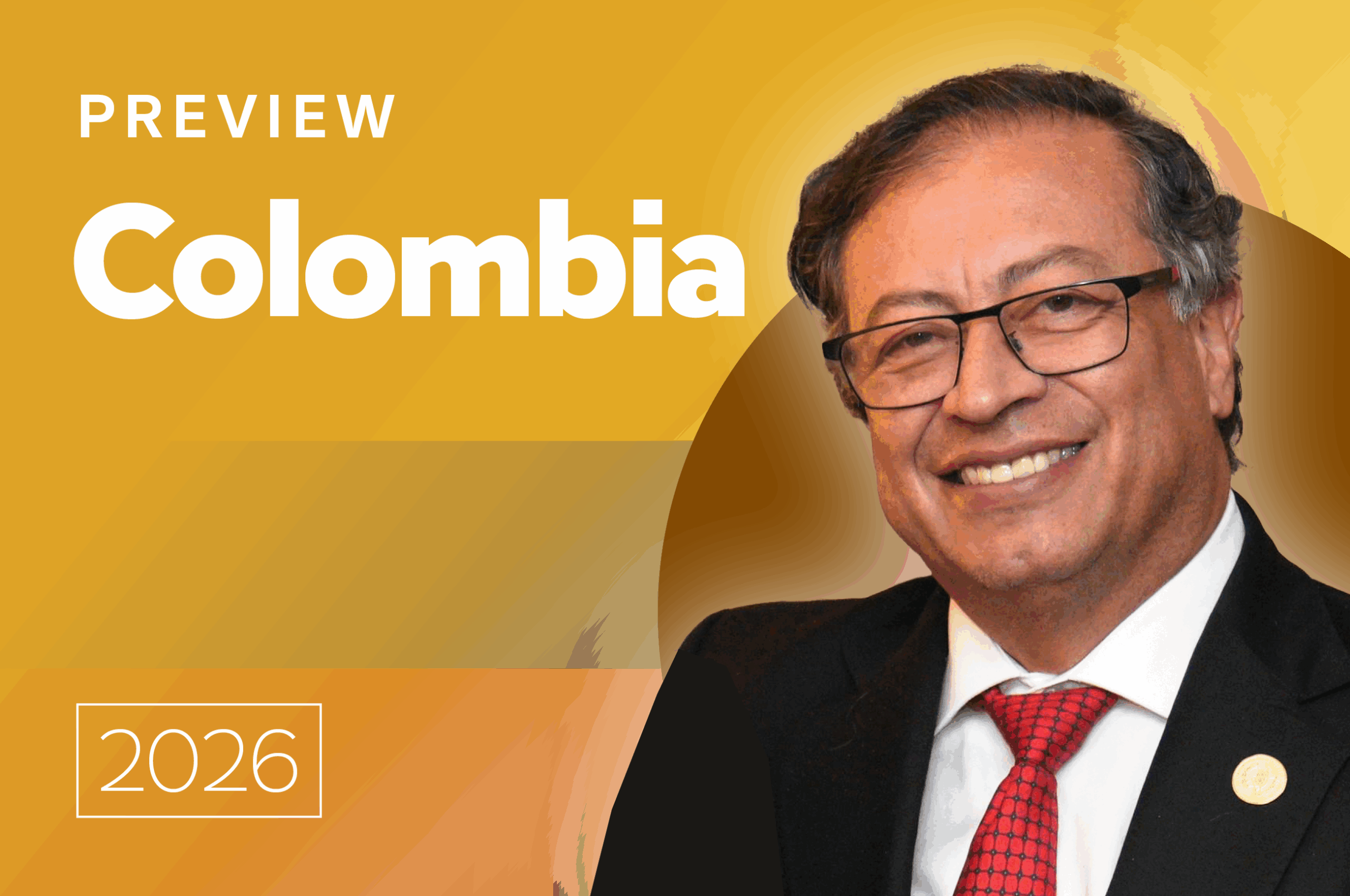Haiti's Martelly Seeks to Open Flow of Donor Dollars
Haiti's Martelly Seeks to Open Flow of Donor Dollars
After winning Haiti’s March 20 runoff election by a landslide, President-elect Michel Martelly travels to Washington this week to gain the support of international donors who have yet to disburse the lion’s share of pledged funding.
For Michel Martelly, gaining enough support to win Haiti’s presidential elections was only half the battle. With a country still in ruins from last year’s earthquake, President-elect Martelly also must assure foreign donors who have pledged billions of dollars for Haiti’s recovery that he can provide stability and accountability. Observers will catch their first glimpse of his evolving relationship with international donors this week. Martelly arrived in Washington on Tuesday for a three-day visit, meeting privately with representatives from the International Monetary Fund and World Bank. He meets with U.S. Secretary of State Hillary Clinton on April 20, as well as representatives from the Inter-American development Bank.
Martelly faces one of the most daunting tasks of any head of state in the hemisphere. The earthquake of January 12, 2010, killed over 200,000 and left more than one million people homeless. Haiti’s gross domestic product contracted an estimated 5.1 percent last year, to $11.53 billion. A cholera outbreak has claimed the lives of roughly 4,600 people, complicating rebuilding efforts. The devastation has further undermined the country’s public institutions; before the earthquake, Haiti ranked 177 out of 180 countries in Transparency International’s Corruption Perceptions index.
Martelly faces political challenges as well. He battered former First Lady Mirlande Manigat in the runoff election, taking 67.6 percent of the vote. But only 23 percent of registered voters cast ballots, leaving Martelly with a weak mandate. Furthermore, the man charged with rebuilding Haiti’s political institutions does not have prior experience in government, leading The Economist to wonder whether he has the “management skills necessary to juggle the demands of state-building with those of donors.” Even if Martelly proves effective at implementing strategies to achieve the goals he sets at priorities, his party holds just a handful of seats in the national legislature.
Regardless, some see reason for optimism. Special UN Envoy to Haiti Bill Clinton told the Security Council this month that Martelly’s election provided a unique opportunity to rebuild the Haitian economy. “The democratic transition of power, to anyone who understands the history of Haiti, is cause for celebration. This is a remarkable thing,” Clinton said.
But the former president’s optimism may have a strategic purpose. He also argued that the peaceful transition of power, scheduled for May 14, should serve as a green light to international donors to continue disbursing aid pledged during the International Donors’ Conference Towards a New Future for Haiti that he helped organize in March. Some 55 national governments and multilateral institutions pledged $4.6 billion in aid and another $1 billion in debt relief. However, only 37 percent of those funds committed as aid have made it to Haiti so far, according to Clinton, who inaugurated a website before the International Donors Conference to track international assistance to Haiti.
Convincing outsiders that Haiti is on the path to political stability will be necessary to open up the floodgate of reconstruction aid, according to U.S. Institute of Peace’s Robert Maguire. One way Martelly might gain the international community’s confidence, Maguire said, is through “the position that he will take on the plans that were approved and endorsed by the international community a year ago, upon which they pledged.” The Haitian government’s Action Plan, which Maguire referred to, is ambitious. It aims to decentralize the Haitian economy by creating alternative development centers outside the capital of Port-au-Prince; to modernize Haitian agriculture, with an emphasis on exporting fruits and tubers; to develop a tourism industry in a country that is currently considered a hardship post for foreign aid workers; to expand access to education and health care in the hemisphere’s poorest country; and to build up the institutional capacity of a historically corrupt and weak state.
Learn more:
- See PBS Newshour’s broadcasts covering Martelly’s runoff election victory and analyzing how the international community will respond to his election.
- The Haiti Special Envoy Assistance tracker website.
- Read the Haitian government’s Action Plan for reconstruction and development.








